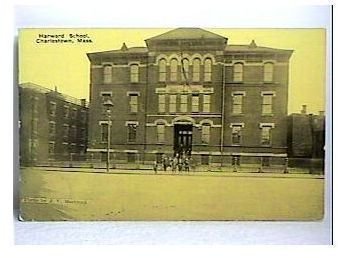Binge Drinking on America's College Campuses and the Factors That Gave Rise to It
Brief Background on College Alcohol Study
Parents generally perceive the prevalence of campus drinking in America’s colleges as the root cause of future letdown and failures. Their most fervent desire is for their children to stay in the straight and narrow, inasmuch as sending a child to college means a time of letting go and of loosening the ties a bit. As parents, they need to be confident that their young adults will find strong footholds in their college environments.
Binge drinking is a situation which almost every American grew up with since most generations have been exposed to this as far back as the colonial days. However, the matter of who gets affected and the immorality or criminality of the results creates a dismal outlook particularly in college campuses. .
The factors related to its consequences have been determined by the College Alcohol Study (CAS) and their studies have raised the nation’s awareness that the drinking sprees occurring in America’s campuses have grown to a large-scale. The greater concerns are the session’s aftermath, as the resulting irrational behaviors pose threats to the well-being of other campus denizens.
The CAS group is led by Dr. Henry Wenchler PhD, a social psychologist by profession who has committed himself to a lifelong research and evaluation about the effects of drugs and alcohol abuse among the youths. His aim is to provide basis for policies and programs to be implemented to reduce, if not eliminate the harms brought about by irresponsible behaviors. Dr. Wenchler spearheaded the first national survey regarding binge drinking in America’s college campuses.
The Known Trigger Factors
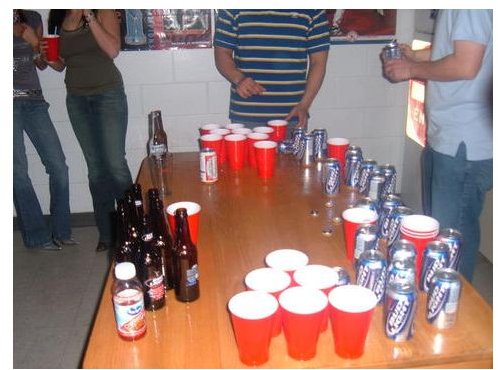
Lack of Campus Policies and Regulations
Binge drinking surfaced and caught attention as a detrimental factor in the American youth’s quest for college education. However, it was only in the early 1990s that the problem was given attention, as a result of the nationwide surveys and researches conducted by the Harvard School of Public Health College.
Even in Harvard University, which was founded during the colonial era of the 1600s, the drinking sprees among university students were tolerated and simply ignored. Hence, the lack of strict policies and rigid regulations against this seemingly harmless and accepted norm, dates back to more than 370 years ago. This was during the era when America’s oldest colleges and universities were founded.
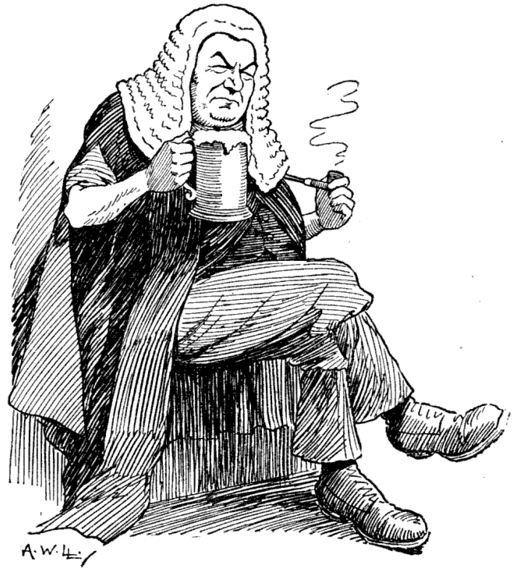
A Tradition Acquired from America’s Forefathers
During America’s colonial days, people considered beer and alcohol much safer than water. The early settlers were quick to plant the seeds of different fruits they brought over, which they used to come up with an assortment of brews and concoctions. They perfected beers from barley malts and other distilled beverages such as brandy, gin, perry, cider, and grain whiskey.
These alcoholic beverages were always important in public gatherings whether political or social and even during military trainings. Political issues including recruitment campaigns for militia men, were being discussed and rallied in pubs because this was where alcoholic drinks were readily available. However, researchers have noted that despite the widespread drinking activities during those days, there was never a public outcry for unruly or irrational behaviors among the drinkers.
It was only in the 1800s that the iniquities of alcoholism surfaced and became prevalent, which studies have linked to the advent of the rum concoction. The rum’s alcoholic composition was often preferred since it was considered as more potent than beer. Pubs, inns, and beer joints began to draw attention as crime and immorality became commonplace. Degeneration and lack of discipline in America’s communities had become obvious detriments to the nation’s progress. However, it was only in the early 1900s that several state legislators enacted laws banning the sale of alcohol and the period was aptly called the “Prohibition Era”.
These were the first moves to implement policies that attempted to curb excessive alcoholism, as this was pinpointed as the root cause of the American society’s degeneration. The Prohibition Years soon came to pass and a younger America came out more organized, disciplined, and had more temperance.
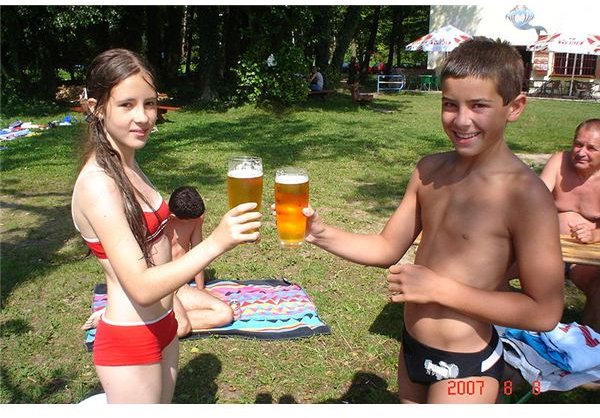
Peer-Pressure and Social Influence
The lack of strict rules that govern campus binge drinking in America’s colleges gave most incoming freshmen and transferees the impression that drinking sessions are among the college norms they had to fit into. Otherwise, a newbie will likely be regarded as a campus misfit or outcast, in which there are no exceptions even among female students. Oftentimes, those with weaker personalities suffered from bullying and harassment, thus creating undue pressure among new students to either join the drinking sessions or transfer to another college.
Since campus rules and regulations have little to offer as protection, most newbies relented to peer-pressure. However, some of those who chose to transfer to another educational institution only found themselves in similar environments and situations.
Moreover, further studies revealed that even in high school levels, acquiring early exposure to binge drinking with peers is being perceived as a way to lessen their apprehensions about college life. Hence, survey results likewise show that drinking sprees have become widespread even among high school students.
The Importance of Parental Guidance and Support
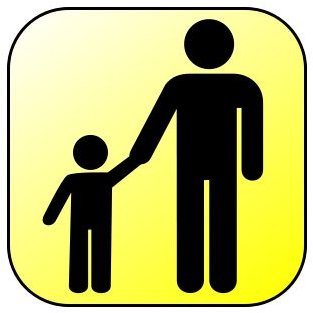
According to Joseph Califano, Chairman and President of the National Center on Addiction and Substance Abuse of Columbia University, a child who is able to reach the age of twenty-one, and who, in no way indulges in smoking, abuse of alcohol or drug abuse, will never do so despite all uncertainties.
The latest statistical report released by the Centers for Disease Control and Prevention include the following information:
- Currently, 70 percent of college students involved in binge drinking activities in college campuses are 26 years or older.
- Ninety percent of the alcoholic substances consumed by American youths aged 21 and below were partaken via drinking sprees.
- The overall proportion of alcohol drinkers that binge whether in or out of college campuses are highest (51%) among youths between ages 18 to 20 years old.
Furthermore, behavioral improvements among binge drinkers were also noted, in which 77.9 percent of the 71,189 college students surveyed, have not performed poorly in academic course works as a result of alcohol use. In addition, at least 73 percent of those included in the survey have not driven under the influence of alcohol.
Accordingly, a strong resolve to stay above the consequences of college drinking sessions should be instilled even from a student’s childhood stage by way of parental guidance and support.
Moral values are ingrained while guidance in negotiating social relationships and peer acceptance should be provided. Parental guidance includes nurturing a child’s mind into developing greater ideas and envisioning future goals. More importantly, parents should see the child through each step whether in failure or triumph while on his or her road to maturity and independence.
It doesn’t mean though that the relationships between parents and young adults should be full of perfection. In fact, these are the years in which numerous tests, challenges, and trials surface, since it is natural for the youth to question their parents’ wisdom. However, these are the factors that make relationships stronger because the child will eventually grow-up to understand that parents are concerned with their child’s well-being and future. Unfortunately, not all children grew up in this kind of home life.
Genetic and familial predispositions are also considered as factors, since the generations before the binge drinkers of today serve as role models in overcoming excessive alcohol indulgence with temperance. Parents, as the immediate link, must themselves exhibit these virtues.
References
- Drinking in America: A History (2009) Hoboes.com Retrieved from http://www.hoboes.com/Politics/Prohibition/Notes/Drinking/
- Image: Harvard school 1910 by Daderot at Wikimedia under public domain.
- Image: Richard Burdon Haldane, 1st Viscount Haldane - Punch cartoon - Project Gutenberg eText 16563 From The Project Gutenberg EBook of Punch, or the London Charivari, Vol. 158, March 3rd, 1920, by Various at Wikimedia under public domain.
- Harvard School of Public Health (2008, July 11). Binge Drinking Tied To Conditions In The College Environment. ScienceDaily. Retrieved November 3, 2011, from http://www.sciencedaily.com /releases/2008/07/080711141755.htm
- Image: ParentChildIcon by Ezra Katz at Wikimedia under CC BY-SA 3.0
- Wechsler, H. Binge drinking on America’s college campuses - Findings ftom the Harvard School of Public Health College Alcohol Study The Robert Wood Johnson foundation. Retrieved from http://www.hsph.harvard.edu/cas/Documents/monograph_2000/cas_mono_2000.pdf
- Image: Beer Pong Scene by Rethcir at Wikimedia under CC BY-SA 3.0
- Image: Français : C’est Marisa et Alek à Tuczno en Pologne by Marcel Boller at Wikimedia under public domain.
- Current Alcohol Statistics and Reports The Coalition of Higher Education Associations for Substance Abuse Prevention (CoHEASAP) Retrieved from http://www.iatf.org/ncaaw/2010/stats_reports.pdf
